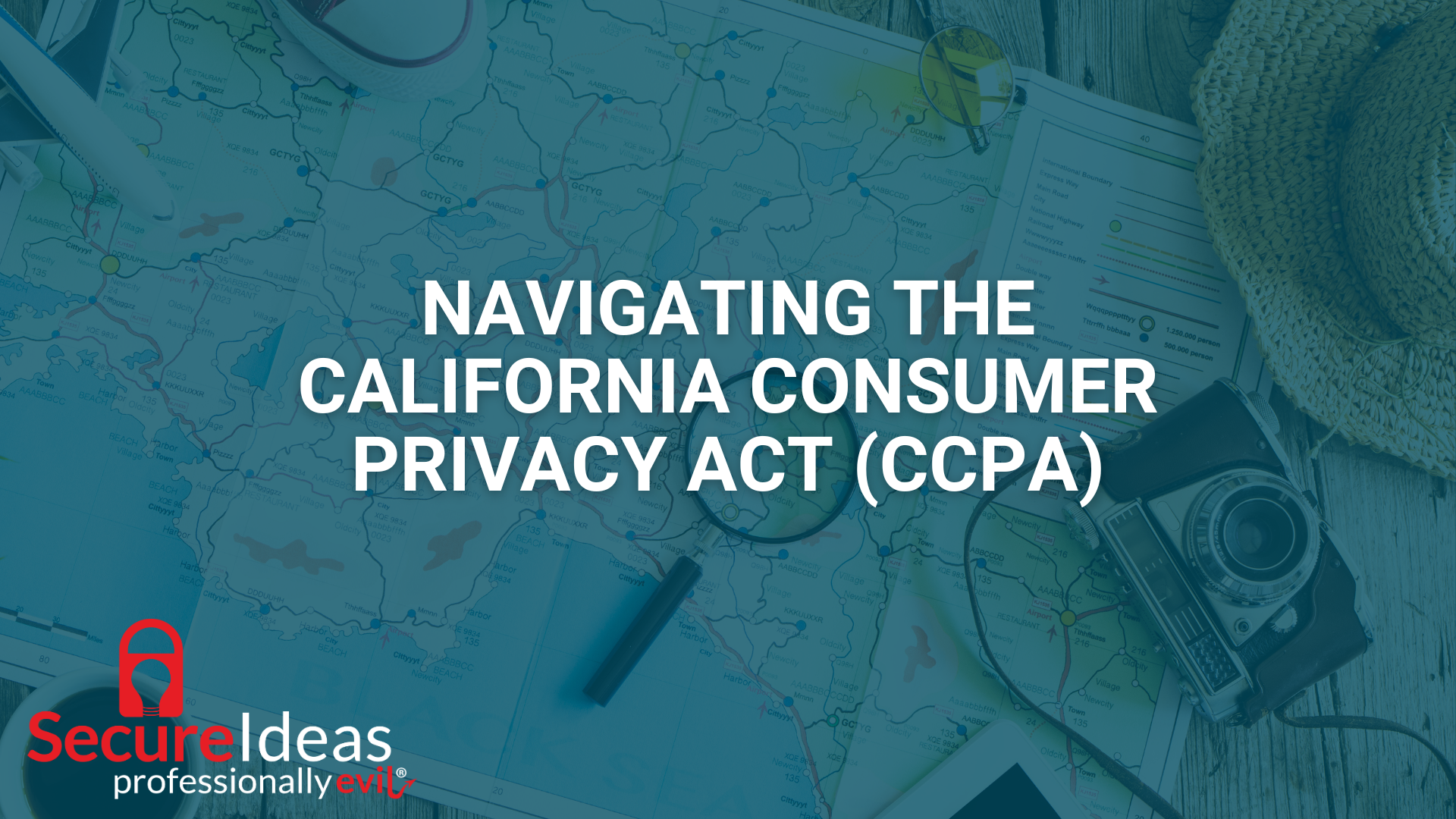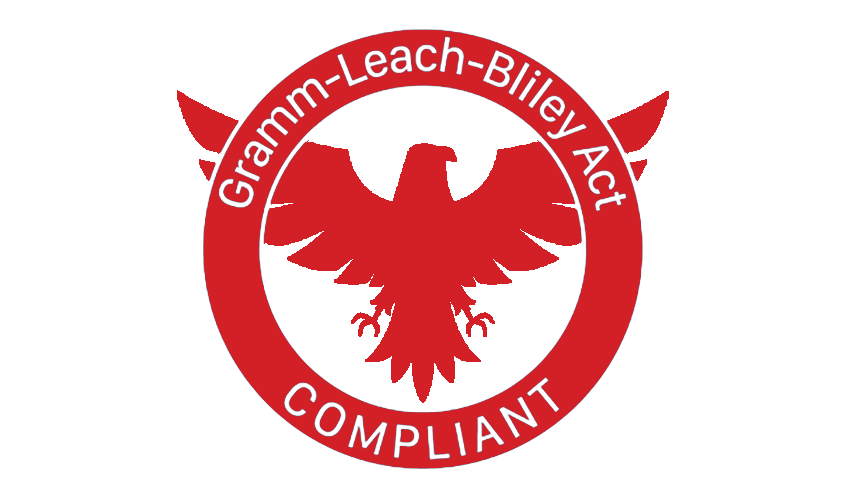What is the CCPA?
Regulations like the California Consumer Privacy Act (CCPA) are driving how businesses handle consumer data. Enacted to enhance privacy rights and consumer protection for residents of California, the CCPA impacts businesses across the United States and globally. This legislation not only mandates greater transparency in data processing activities but also compels organizations to increase security measures to protect consumer data. For businesses subject to this regulation, understanding the CCPA and evaluating their security infrastructure is more important than ever.
Enacted in 2018, the California Consumer Privacy Act (CCPA) addresses data breaches due to inadequate access controls and privacy management, drawing inspiration from the European Union's General Data Protection Regulation (GDPR). The CCPA mandates organizations to disclose their data collection and usage practices transparently, allows consumers to know when their information is collected and sold, and provides them with the option to opt-out. To comply with the CCPA, organizations must adhere to a set of regulations designed to safeguard California residents' data privacy rights. This includes responding promptly to consumer inquiries and requests regarding their data and implementing effective security measures to protect personal information against unauthorized access and breaches.
Building on this, the approval of Proposition 24 in November 2020 through the California Privacy Rights Act (CPRA) introduced further enhancements effective from January 1, 2023. These amendments not only reinforce the original provisions of the CCPA but also introduce new rights, including the ability to correct inaccurate personal information and limit the use and disclosure of sensitive personal data, offering Californians unprecedented control over their privacy.
Which organizations are subject to compliance with the CCPA?
The CCPA casts a wide net, applying to any for-profit business that collects consumer personal data, operates within California, and meets at least one of the following criteria: generates annual gross revenues in excess of $25 million, holds the personal information of 50,000 or more consumers, households, or devices, or derives over half of its annual revenues from the sale of consumer personal information. Organizations that fall into any of these categories are mandated to establish and uphold reasonable security procedures and practices aimed at safeguarding the personal information of consumers, ensuring their privacy and protection under the law.
The CCPA mandates that organizations must fulfill user requests concerning their personal data, including providing comprehensive details of all data collected and stored, disclosing the categories of sources from which the data is collected (such as financial, contact, and medical information), clarifying the organization's reasons for collecting and selling user data, and identifying any third parties with access to the user's data.
Additionally, the CCPA empowers California consumers with a Private Right of Action, allowing them to initiate lawsuits against organizations that fail to adequately safeguard their personal information through security measures like encryption or redaction. This provision underscores the requirement for organizations to implement robust security practices to protect the personal data of California residents, emphasizing consumer rights to privacy and data protection.
How can I ensure my company adheres to compliance standards?
Achieving CCPA compliance may seem daunting, especially with the intricacies of security, but with the expertise of professionals who are well-versed in these regulations, organizations can navigate the compliance process more smoothly. To become CCPA compliant, organizations should start by undertaking the following steps:
- Conduct a data inventory to pinpoint what needs protection and comprehend the flow of data to establish a foundation for security controls.
- Perform a risk assessment to identify which systems store sensitive data.
- Designate a team or individual to oversee data privacy, focusing on CCPA compliance and security measures.
- Develop and deploy data protection tools, utilizing either third-party solutions or custom code for improved access control.
- Formulate and enforce data management policies and governance, addressing consumer data handling, vendor access, and supply chain risks.
- Keep detailed audit trails for all privacy policies and procedures to facilitate continuous evaluation and enhancement.
- Implement CCPA compliance training for employees, particularly emphasizing roles in customer service, to ensure comprehensive understanding of the act and organizational procedures.
Compliance training is required for organizations managing the personal data of California residents. The training, which can be delivered through on-site classes, virtual sessions, or standardized courses, should cover key aspects of CCPA compliance, including responding to consumer privacy inquiries and the correct application of financial incentives for data collection within legal bounds. While the CCPA mandates organizations to have a documented training policy, it does not specify a training frequency, though annual updates are recommended to keep up with evolving compliance and regulatory standards. Further information can be found at oag.ca.gov
Given the complexities of conducting effective risk assessments— a foundational step toward bolstering security— many organizations opt to engage security professionals. These professionals are charged with examining the organization's infrastructure, conducting an in-depth risk analysis, and then providing recommendations for strong security measures. This process not only aims to meet CCPA's standards but also significantly reduces the risk of data breaches, ensuring better protection of consumer information and reducing the potential for severe penalties due to poor security measures. For a comprehensive review and expert advice tailored to your needs, consider reaching out to Secure Ideas to assist with this process.
The California Consumer Privacy Act (CCPA) places a spotlight on the importance of security within organizations, emphasizing that safeguarding user information stored within any infrastructure is crucial for compliance. The CCPA mandates that organizations must enact reasonable security measures to protect this data, a requirement that intentionally leaves room for interpretation and underscores the need for enhanced security practices.



